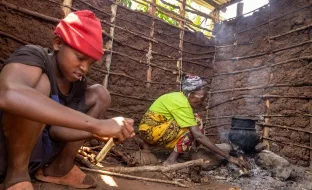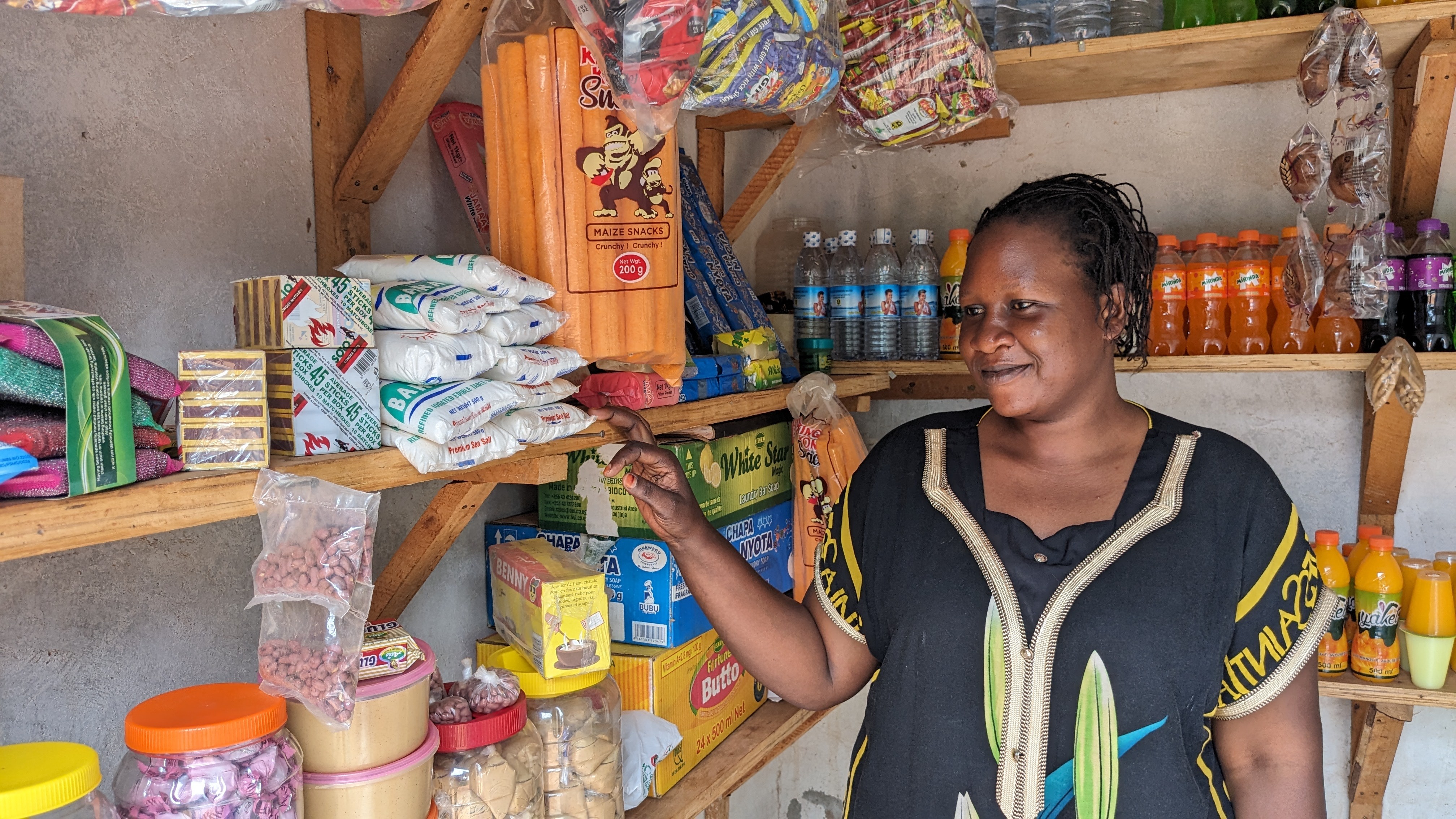GiveDirectly in the news this holiday season: Dana Goldstein in the Atlantic: “So simple, it’s genius.” Dylan Matthews in the Washinton Post: “The idea, in a way, is so obvious it’s hard to believe people hadn’t tried to do it on this scale before: ending poverty by giving people money.” Chris Hayes on MSNBC: “A […]
Blog -
Candid thoughts from staff, donors, and recipients on our work and the broader movement towards cash transfers.
Uncategorized
Global Impact Award from Google
We are pleased to announce that GiveDirectly has received a $2.4M Global Impact Award from Google. Two things excite us about this project. First, over 90% of the award ($2.21M) is earmarked for direct cash transfers to the poor. Delivering these funds will enable thousands of families to pursue their own goals with no strings […]
Opinions
GiveWell: GiveDirectly “top-rated”
We are happy to share the news that GiveWell, a leading non-profit evaluation group, has updated its evaluations for 2012 and now names GiveDirectly one of three “top-rated” organizations. As you may know, GiveWell’s recommendations are extremely selective: their process includes field visits and comprehensive reviews of relevant research, and they ultimately recommend only 1% […]
Operations
Chris Hughes joins the board
We are thrilled to welcome Chris Hughes, co-founder of Facebook and editor-in-chief of The New Republic, to our board. Chris’s commitment to rigor and honesty in giving align him perfectly with our vision, and he brings a track record of leadership and innovation in both new and old media to our team. Chris has shared […]
Opinions
GiveWell review complete
GiveWell has completed its full review of GiveDirectly and rated us a “standout organization.” GiveWell’s recommendations are extremely selective: they look in depth at both operations and impact, and ultimately recommend only 1% of the organizations they review.
Opinions
New America Foundation blog coverage
Vishnu Sridharan at the New America Foundation has a nice blog post on our approach and where it fits in to the big picture.
Uncategorized
Dialogue on BBC’s Newshour
Paul recorded a discussion on cash transfers for the BBC with Duncan Green of Oxfam and Mike Jennings of the School of Oriental and African Studies. The (heavily edited) recording is available, and Duncan’s follow-up blog post (archive link) includes some interesting ideas.
Opinions
Named a standout organization by GiveWell
We are pleased to have been named a “standout organization” by GiveWell, a highly-respected charity evaluator. To date GiveWell has recommended only 1% of the charities it has reviewed.
Uncategorized
Cash transfers in Businessweek
Paul writes about the case for cash transfers in Businessweek.
Operations
Targeting in the field
See first-hand what locating and enrolling poor households in Kenya looks like. Jeremy recorded the following footage on his most recent trip to the field.

